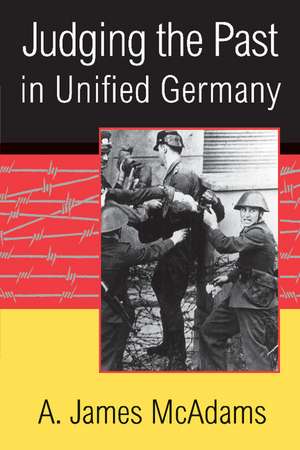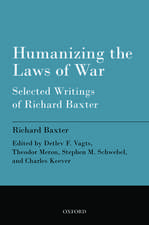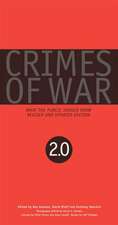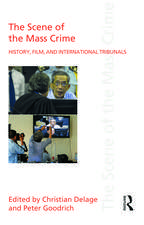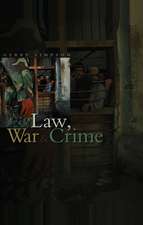Judging the Past in Unified Germany
Autor A. James McAdamsen Limba Engleză Paperback – apr 2001
Toate formatele și edițiile
| Toate formatele și edițiile | Preț | Express |
|---|---|---|
| Paperback (1) | 234.49 lei 6-8 săpt. | |
| Cambridge University Press – apr 2001 | 234.49 lei 6-8 săpt. | |
| Hardback (1) | 452.53 lei 6-8 săpt. | |
| Cambridge University Press – 8 apr 2001 | 452.53 lei 6-8 săpt. |
Preț: 234.49 lei
Nou
Puncte Express: 352
Preț estimativ în valută:
44.87€ • 47.10$ • 37.24£
44.87€ • 47.10$ • 37.24£
Carte tipărită la comandă
Livrare economică 11-25 aprilie
Preluare comenzi: 021 569.72.76
Specificații
ISBN-13: 9780521001397
ISBN-10: 0521001390
Pagini: 266
Dimensiuni: 153 x 229 x 19 mm
Greutate: 0.35 kg
Ediția:New.
Editura: Cambridge University Press
Colecția Cambridge University Press
Locul publicării:New York, United States
ISBN-10: 0521001390
Pagini: 266
Dimensiuni: 153 x 229 x 19 mm
Greutate: 0.35 kg
Ediția:New.
Editura: Cambridge University Press
Colecția Cambridge University Press
Locul publicării:New York, United States
Cuprins
Preface; Glossary; Note; Part I. Introduction on Judging the East German Past: 1. Interpreting East Germany's history; 2. Four types of retrospective justice; Part II. Criminal Justice: Prosecuting GDR Officials: 3. Competing arguments for justice; 4. Seeking justice within the law; 5. A 'trial of the century'; 6. Judicial architects of German unity; 7. The risks of going too far; 8. An ambiguous message about culpability; Part III. Disqualifying Justice: Searching for Stasi Collaborators: 9. Contending views on the Stasi's reach; 10. Level one: distilling truth from the files; 11. Level two: screening for Stasi activity; 12. Level three: appealing dismissals before the courts; 13. The competing messages of screening; Part IV. Moral Justice: Assessing the Complete Record of Dictatorship: 14. Finding fault with the churches; 15. A different stand on the Deutschlandpolitik; 16. Mixed emotions about the silent majority; 17. Revisiting East Germany's difficult past; 18. A better commission?; Part V. Corrective Justice: Returning Private Property: 19. The narrow choices behind the property settlement; 20. The challenge of implementing the property statute; 21. The legitimacy of Jewish claims …; 22. … But the irreversibility of Soviet expropriations; 23. Vying responses to GDR-era injustice; 24. The ambiguities of drawing the line: an enduring burden of multiple pasts; Part VI. Conclusion: A Manageable Past?: 25. The FRG's constrained options; 26. Judging the past in the right way; 27. GDR wrongdoing in perspective; 28. Contending venues of justice.
Recenzii
'A clear and well-argued study.' Publishers Weekly
'Well-written with tight analysis, this book should benefit graduate students and scholars of contemporary German affairs.' Choice
'Well-written with tight analysis, this book should benefit graduate students and scholars of contemporary German affairs.' Choice
Descriere
This 2001 book examines how government of unified Germany has dealt with former government of Communist East Germany.
